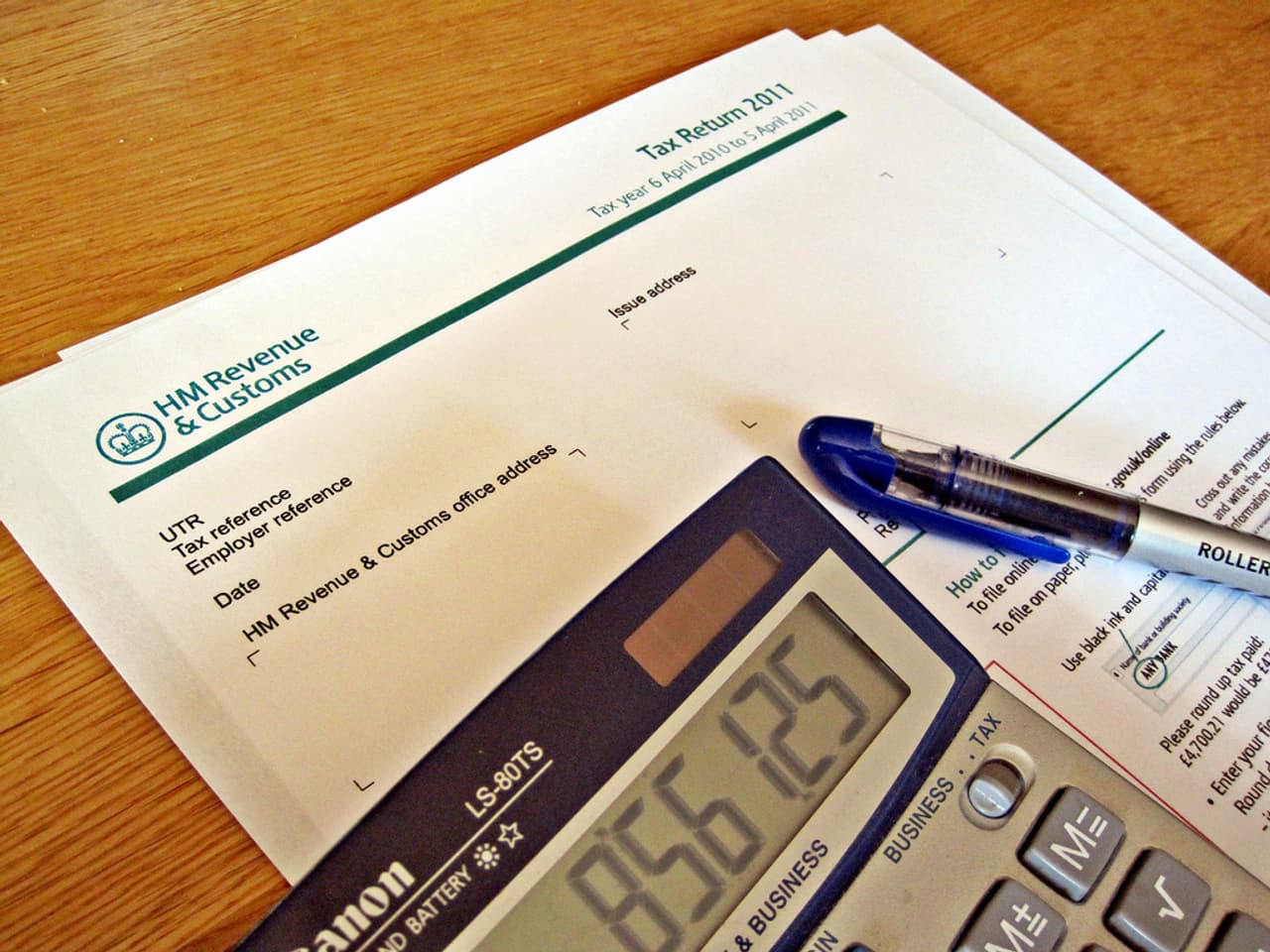
‘As many holes as a Swiss cheese’: the UK tax system loses money abroad
The week has not started well for George Osborne. As well as being hauled before the Leveson Inquiry today, a series of stories over the weekend have revealed the UK tax system hemorrhaging money abroad.
Investigations by The Sunday Times, and German TV programme Frontal 21 have revealed, once again, the allure of using opaque tax jurisdictions to circumvent domestic tax duties.
Calling abroad
Vodafone has made the news again this week as a Sunday Times investigation revealed the mobile phone company did not pay a single penny in corporation tax in Britain last year.
Despite generating several hundred million pounds from British customers the phone company has avoided paying any corporation tax to HM Revenue & Customs (HMRC).
Tax was avoided through the employment of a series of legal accounting manoeuvres involving a network of companies domiciled in opaque tax jurisdictions.
In March an undercover sting by the Bureau and Private Eye revealed that Vodafone’s office in Switzerland appears to be little more than a shell, indicating their main purpose is tax avoidance.
Read the Bureau’s Vodafone sting here.
The Sunday Times investigation, meanwhile, focuses on Vodafone subsidiaries in Luxembourg. Loans made by the Luxembourg branch to the UK are paid back with interest, allowing the UK business to funnel profits to Luxembourg, where it can enjoy a lower rate of tax if it negotiates with the tax-man.
Vodafone has previously faced criticism for a supposed ‘sweetheart deal’ with HMRC. The arrangement allowed it to pay £1.25bn, rather than £2.2bn in tax following the acquisition of Mannesmann, a German telecoms company in 2000.
The company responded to the Sunday Times investigation saying that Britain accounts for less than 4% of its total profits. Vodafone also assert that it paid approximately £700m to HMRC in payroll and other taxes last year and that tax credit generated in Luxembourg has ‘no bearing on UK taxation.’
Deal or no deal?
The expose of Vodafone’s tax affairs comes at a crucial moment in HMRC’s dealings with international tax affairs. A landmark agreement is currently being drawn up with Swiss authorities to attempt to manage the movement of UK money abroad.
The HMRC’s permanent secretary for tax Dave Hartnett has suggested that the deal with Switzerland will raise between £4bn – £7bn.
However the efficacy of the agreement has been thrown into doubt following an undercover investigation of an almost identical agreement between Switzerland and Germany.
Reporters from German show Frontal 21 posed as investors looking to invest $4m in Swiss companies, specifically looking for ways that by-passed the German-Swiss tax deal.
One of the methods that the reporters discovered was that by creating a Swiss GmbH, a legal entity, rather than a company, they could by-pass the agreement, which specifies only ‘pure holding companies’.
These technical tricks of the trade and loopholes led tax expert, Thomas Koblenzer to describe the German-Swiss deal as having ‘as many holes as a Swiss cheese.’
Now campaigners are suggesting that the same weaknesses in the UK-Swiss agreement could result in the UK losing tax revenue.
The Tax Justice Network (TJN) has identified over 10 loopholes which could allow UK companies to escape the new rules. The organisation has called the government’s plans a ‘major over-estimation which misleads the British public’.
In a statement on the TJN’s blog Nicholas Shaxson, author of ‘Treasure Islands – tax havens and the men who stole the world’, states, ‘There is a very strong likelihood that this deal which guarantees tax haven secrecy, will spread like a cancer through the global financial system. This is because many countries are now considering similar agreements. They are either tax havens that want to copy Switzerland, or victims of tax evasion that want to copy the UK.’
Read the Sunday Times investigation here.
Sign up for email alerts from the Bureau here.




